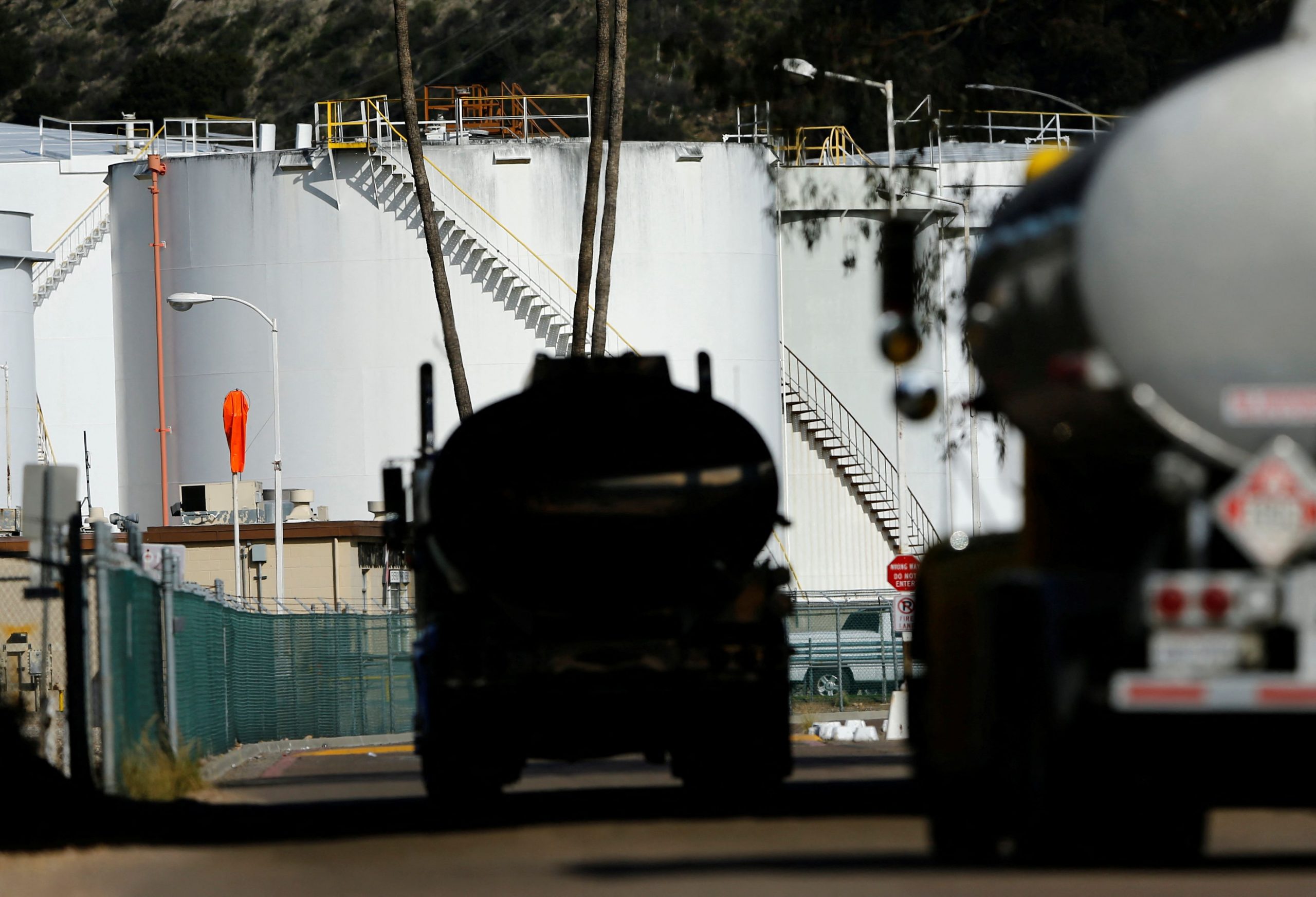
Ian Patrick, FISM News
[elfsight_social_share_buttons id=”1″]
The Bureau of Labor Statistics (BLS) released their Producer Price Index (PPI) data for the month of February, showing just how much inflation Americans have experienced since the start of the Biden administration.
Total final demand for the Producer Price Index in February of this year rose 0.8%, which follows a 1.2% increase in January. However, BLS also reported that the “final demand prices moved up 10.0 percent for the 12 months ended in February.” This follows a similar 10% YTD jump in January 2022 and follows a Consumer Price Index (CPI) rise of 7.9% for the 12 months ending in February 2022 for all items.
PPI is defined by Investopedia as “a group of indexes that calculates and represents the average movement in selling prices from domestic production over time.” Or as FOX Business White House Correspondent Edward Lawrence calls it, a number which represents “the inflation that companies feel to buy the stuff they need to make the stuff they sell to consumers.”
In breaking down PPI data further, food costs rose 1.9% while energy rose a whopping 8.2% in February. The Core PPI, measured without energy, food and trade margins, rose 0.2%. This core number is watched by the Federal Reserve as a preferred indicator of inflation.
Brad Polumbo, wrote an opinion piece on his site “Based Politics” in which he said that the difference in CPI and PPI over the last year means that “businesses are eating some of the loss rather than passing it all on to consumers.”
Jeffry Bartash of MarketWatch writes, “The biggest surge in inflation since the early 1980s spells trouble.” U.S. economist Mahir Rasheed at Oxford Economics is quoted by Bartash as saying, “Inflation in the pipeline is showing few signs of decelerating in the near term, especially as the Russia-Ukraine war wreaks havoc in energy and other commodity markets.”
This data set will also likely affect the response from the Federal Reserve, which is likely to raise interest rates today in its attempt to combat inflation.
